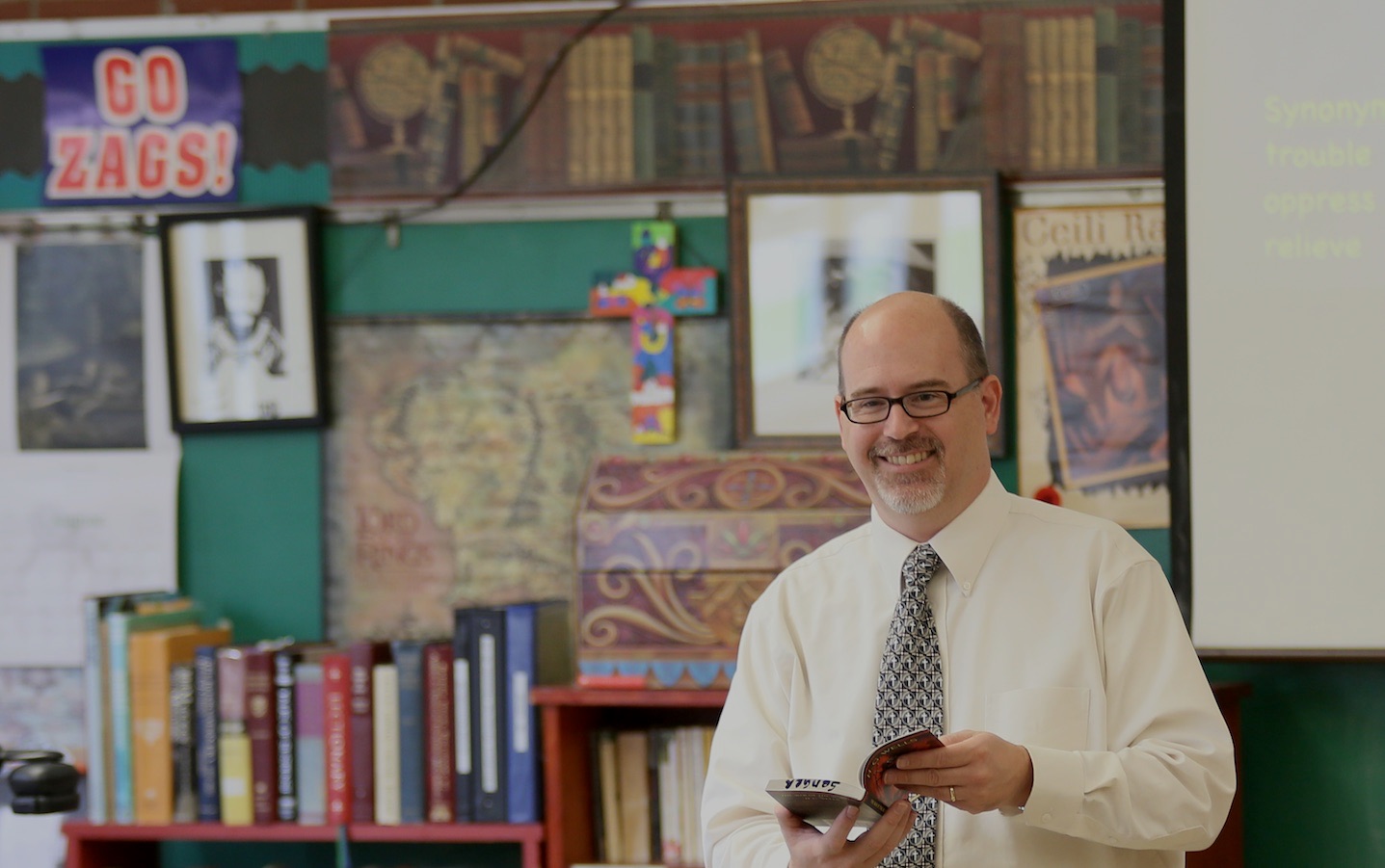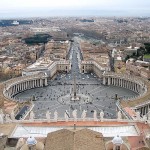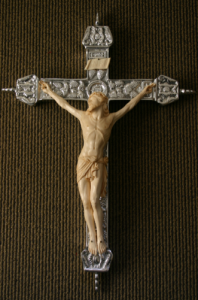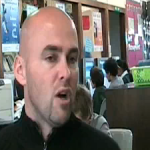In this week’s Kindle Books for Catholic Teachers we share a book on the saints for teachers and a pair of books for those who teach Shakespeare in Catholic schools. Each book is also available in print form, for a slightly higher price.
My Best Teachers Were Saints: What Every Educator Can Learn from the Heroes of the Church, by Susan Swetnam. Loyola Press. Printed Length: 298 pages. Kindle Price: $9.99
Dry spells and indifferent students, acrimonious meetings and recalcitrant colleagues, isolation and self-doubt–the
stresses of the teaching profession are plentiful. In times of strain, many teachers draw on the wisdom of their mentors, the seasoned teachers who taught them classroom skills and became trusted models and friends. For Susan H. Swetnam, some of the best, most inspiring, and most insightful mentors she has are saints of the Catholic Church–and a remarkable number of these men and women were teachers themselves. In fact, many of the church’s heroes achieved their saintly stature by facing challenges identical to those that teachers face today.
Some of the fifty-two saints described in My Best Teachers Were Saints give lessons on how to overcome the teaching profession’s unique problems; others show today’s teachers how to identify successes that are often quite difficult to discern. All of the saints in this book share one thing in common: they persevered in the educational work that God called them to do. Swetnam brings to life each story of perseverance and makes it easy for today’s educators to discover mentor-companions who can help them rekindle and fortify their passion in the classroom. – Amazon.com
Quest for Shakespeare: The Bard of Avaon and the Church of Rome, by Joseph Pearce. Ignatius Press. Print Length: 367 pages. Kindle Price: $13.17.
Highly regarded and best-selling literary writer and teacher, Joseph Pearce presents a stimulating and vivid biography
of the world’s most revered writer that is sure to be controversial. Unabashedly provocative, with scholarship, insight and keen observation, Pearce strives to separate historical fact from fiction about the beloved Bard.
Shakespeare is not only one of the greatest figures in human history, he is also one of the most controversial and one of the most elusive. He is famous and yet almost unknown. Who was he? What were his beliefs? Can we really understand his plays and his poetry if we don’t know the man who wrote them?
These are some of the questions that are asked and answered in this gripping and engaging study of the world’s greatest ever poet. The Quest for Shakespeare claims that books about the Bard have got him totally wrong. They misread the man and misread the work. The true Shakespeare has eluded the grasp of the critics. Dealing with the facts of Shakespeare’s life and times, Pearce’s quest leads to the inescapable conclusion that Shakespeare was a believing Catholic living in very anti-Catholic times.
Many of his friends and family were persecuted, and even executed, for their Catholic faith. And yet he seems to have avoided any notable persecution himself. How did he do this? How did he respond to the persecution of his friends and family? What did he say about the dreadful and intolerant times in which he found himself? The Quest for Shakespeare answers these questions in ways that will enlighten and astonish those who love Shakespeare’s work, and that will shock and outrage many of his critics. This book is full of surprises for beginner and expert alike. – Amazon.com
Through Shakespeare’s Eyes: Seeing the Catholic Presence in the Plays, by Joseph Pearce. Ignatius Press. Print Length: 364 pages. Kindle Price: $9.99.
Fulfilling the promise he made in his previous book, The Quest for Shakespeare, bestselling literary writer Joseph Pearce analyzes in this volume three of Shakespeare’s immortal plays – The Merchant of Venice, Hamlet and King Lear – in order to uncover the Bard’s Catholic beliefs.
In The Quest for Shakespeare, which has been made into an EWTN television series, Pearce delved into the known
biographical evidence for Shakespeare’s Catholicism. Here the popular and provocative author digs into the plays, which were written and first performed during the English crown-s persecution of Catholics. English history and literature were taught for generations through the prism of English Protestantism. Of late both of these fields have been dominated in universities and academic presses by modern scholars with filters and interpretations of their own. Though the evidence for Shakespeare’s Catholicism has been studied before now, thanks, in part, to the unique contribution of Joseph Pearce, the Bard’s genius is being analyzed in the open air of the public arena, the very place where Shakespeare intended his dramas to entertain and edify. – Amazon.com

 The Patheos website has a very interesting series of articles by prominent Catholic thinkers on the topic “
The Patheos website has a very interesting series of articles by prominent Catholic thinkers on the topic “ If you’re graduating with a teaching degree this Spring, I hope you consider applying at Catholic schools. As this video from the Archdiocese of Washington puts it, where else can you live out your vocation in an environment of faith, service and scholarship?
If you’re graduating with a teaching degree this Spring, I hope you consider applying at Catholic schools. As this video from the Archdiocese of Washington puts it, where else can you live out your vocation in an environment of faith, service and scholarship?
 Are your students afraid of failure?
Are your students afraid of failure? As the father of a child with epilepsy and a teacher in a Catholic school, the following story really touches my heart. Some sixth grade students from a Catholic school in Lake Mary, Florida, are hoping to help people with seizure disorders with their new invention: a seizure detector.
As the father of a child with epilepsy and a teacher in a Catholic school, the following story really touches my heart. Some sixth grade students from a Catholic school in Lake Mary, Florida, are hoping to help people with seizure disorders with their new invention: a seizure detector.